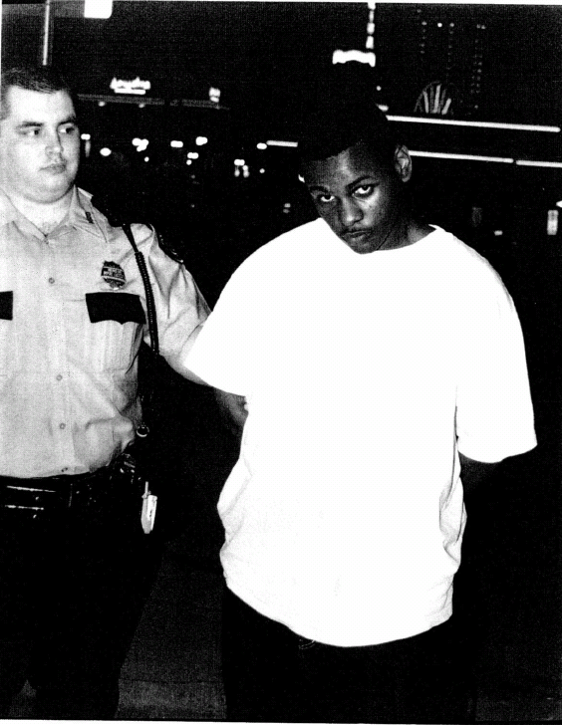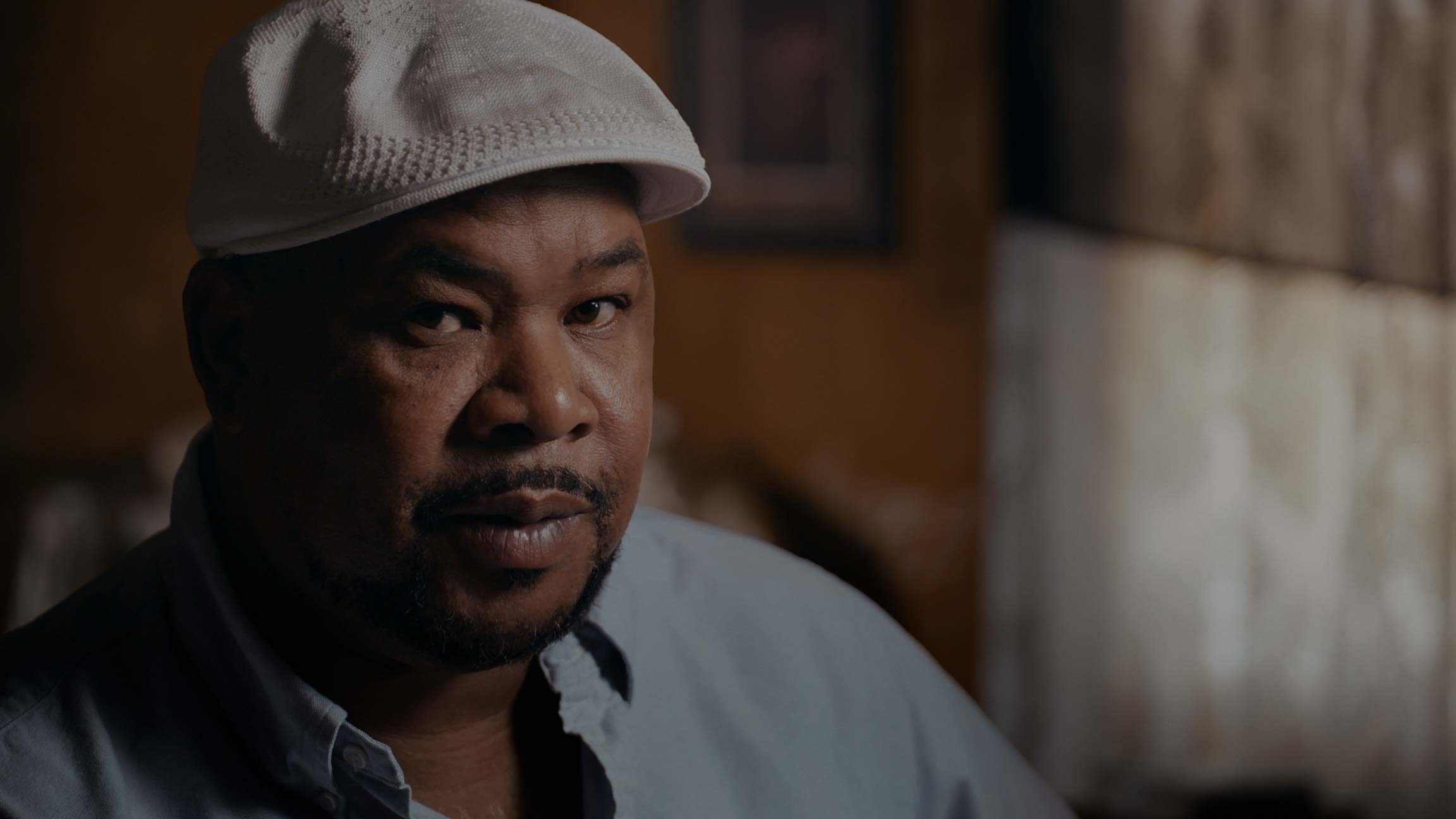Prosecutorial misconduct occurs when a prosecutor intentionally breaks a law or a code of professional ethics while prosecuting a case. While prosecutors are responsible for following the law themselves and making sure that those in law enforcement who work on an investigation or prosecution do the same, “prosecutorial misconduct” is a term typically reserved for serious and intentional violations.
It is difficult to know the full extent of the problem, in part because prosecutors often are the ones who control access to evidence needed to investigate a claim of misconduct. But we do know that some prosecutors prize winning a conviction over complying with their constitutional obligations, resulting in error and, in some cases, intentional misconduct. Despite this, there are no reliable systems for holding prosecutors accountable for their misdeeds. Under current United States Supreme Court precedent, prosecutors are frequently granted “immunity” from civil lawsuits (meaning they cannot be sued by a wrongly convicted person) even when they intentionally violate the law, making oversight by public agencies and the courts all the more critical.
“We know that official findings of misconduct represent only a fraction of the misconduct that actually occurs.”
In Berger v. United States, 295 U.S. 78 (1935), Justice Sutherland characterized prosecutorial misconduct as “overstepp[ing] the bounds of that propriety and fairness which should characterize the conduct of such an officer in the prosecution of a criminal offense.” In the years since Berger, advocates for the wrongly convicted have increasingly focused on prosecutors’ failure to disclose favorable evidence – what are known as “Brady” violations, after the 1963 case of Brady v. Maryland – as one of the most harmful and pervasive forms of prosecutorial misconduct.
In the Dewayne Brown case, for example, a long-buried email chain uncovered more than a decade after Brown’s trial revealed that the trial prosecutor, Dan Rizzo, had deliberately hidden phone records from Brown’s defense attorney that supported Brown’s alibi. Those records might have stayed hidden forever had the police officer who originally obtained them not saved and found a copy in his garage while Brown was wrongfully incarcerated on death row. It was only after the original records were turned over and Brown was released from death row that a special prosecutor assigned to the case concluded that Rizzo not only knew about the phone records before trial, but had knowingly concealed them from Brown’s defense team.

Dewayne Brown when he was arrested as a suspect for a double murder in Texas he didn’t commit. Photo courtesy of Brian Stolarz.
Another example is the case of Stanley Mozee and Dennis Allen, who were both exonerated in Dallas, Texas, in 2019 after spending more than 15 years in prison for a murder they did not commit. Their joint exoneration was based on documents located in the files of the trial prosecutor, Rick Jackson, showing that he’d knowingly put on false testimony from several jailhouse informants and suppressed key evidence from eyewitnesses that would have strongly supported Mozee’s and Allen’s innocence claims.

(L-R): Stanley Mozee, Conviction Integrity Unit Chief Cynthia Garza, Dallas County D.A. John Creuzot, Innocence Project Senior Staff Attorney Nina Morrison, Dennis Allen and Innocence Project of Texas Gary Udashen.
A survey conducted by the Innocence Project, Innocence Project New Orleans, Resurrection After Exoneration and the Veritas Initiative looked at five diverse states over a five-year period (2004-2008) and identified 660 cases in which courts found prosecutors committed misconduct, such as tampering with key evidence, withholding evidence from the defendant or coercing a witness to give false testimony. In 527 cases, judges upheld the convictions, concluding that the prosecutorial error did not impact the fairness of the defendant’s original trial. In 133 cases, convictions were thrown out. Of the 660 cases examined, only one prosecutor accused of misconduct was disciplined.






A North Caroline Grand Jury just indicted the DA in the Ahmaud Arbery case for protecting a police officer.
https://www.ajc.com/news/georgia-news/ex-brunswick-district-attorney-johnson-indicted/L75ICVN35ZB2XP6TXM6IW3JM7I/